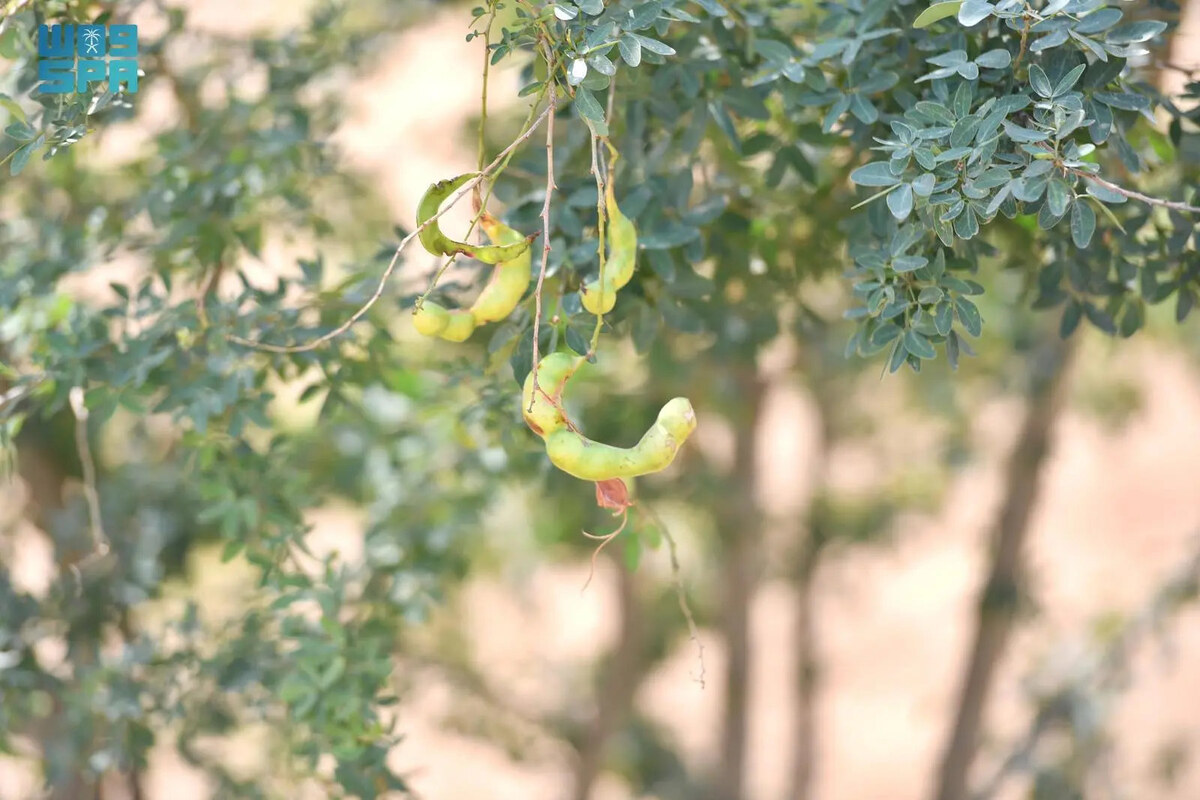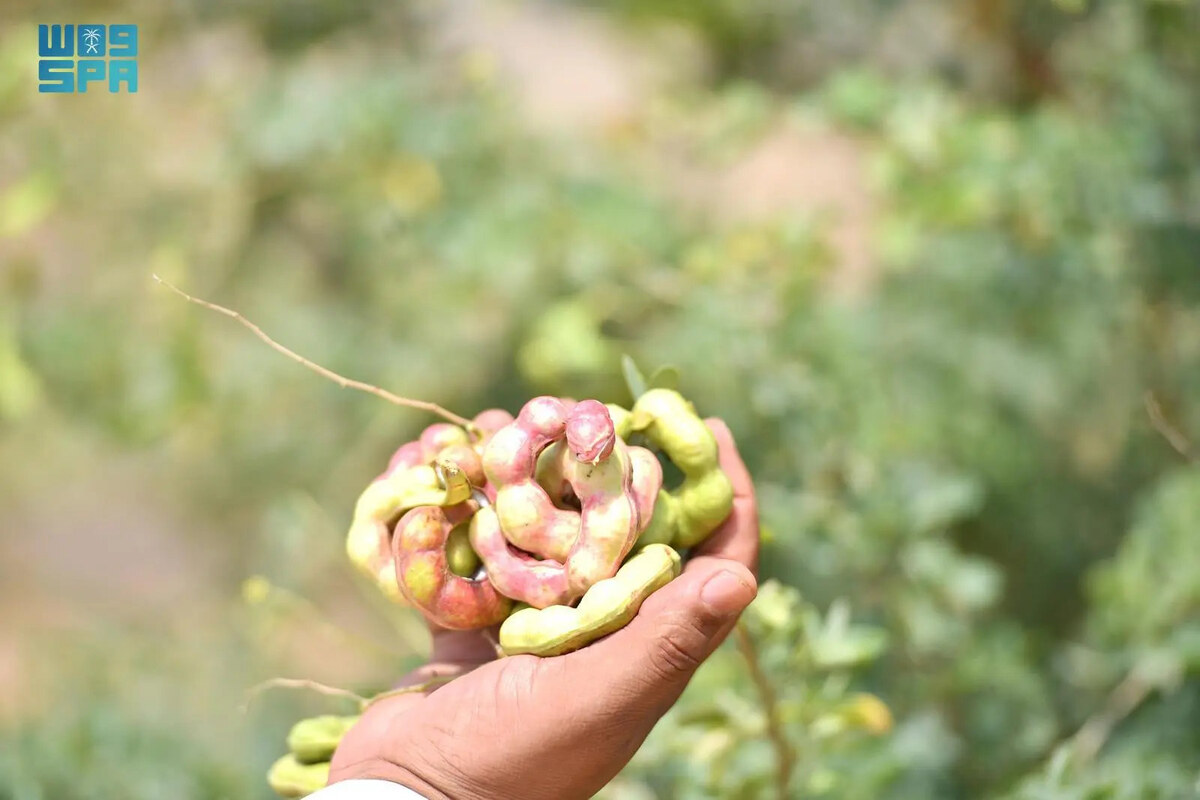RIYADH: Hatem Alkaka, a Saudi artist from Qatif, may just be 17 years old, but his creative vision is a galaxy of ideas driving him to create a student-led magazine, showcasing the voices and talents of the local Saudi art scene.
Alkaka, a high school student at Dhahran Ahliyya Schools, sees the beauty and color in the mundane elements of life.
“My art is a mashup of everything around me … (I) use my art as a vessel that captures the world through my own eyes,” he told Arab News.

Kingdom of Saudi Arabia Stamp. (Supplied)
The young artist noted that he finds fuel for his creativity beyond just his surroundings.
“Modern artists locally and on the internet never fail to make me push my limits creatively. They make me want to create something entirely fresh. It’s like taking a piece of my environment and remixing it to cater to my own style.”
Alkaka describes his current art style as “surrealist expressionism,” and added that he has transitioned from one style to another through the years, “starting with doodle art and cartooning (and) progressing to hyperrealism and portraiture.”
In a world often characterized by conformity, art offers a space where individuals can embrace their uniqueness and challenge societal norms.
Hatem Alkaka, Saudi artist
The artist does not limit himself to one medium or colorway. “It usually depends on the style or approach I want a certain piece to have,” Alkaka added.
He chooses his medium and tools based on the desired effect. “If aiming for a hyperrealist artwork, capturing every pore and eyelash with tons of tiny details, I tend to reach for colored pencils. However, if I want the piece to evoke a more abstract, personal emotion, I lean more towards acrylic paints and a mix of other media like paint markers, oil pastels, and 3D sculpting.”
He avoids keeping a fixed approach to color combinations. “It’s more about making in-the-moment decisions while painting or drawing, using colors that feel right for the context.”

Charcoal drawing by Hatem Alkaka. (Supplied)
For the past year, Alkaka has also delved into the realm of design, incorporating graphic design, photography, and mixed media into my creative projects.
As a young artist who jumped headfirst into the deep sea of social media to promote his art, Alkaka has struggled to find his own artistic style and found himself doing what others would describe as “art.”
Instead of feeling defeated, Alkaka felt inspired to launch UFI Magazine, a student-led initiative that showcases and supports the voices and talents of the local Saudi art scene.
As an artist who had difficulties with “trying to accept my own art in a space where everyone tried confining it in a box or label,” Alkaka is launching the magazine to create a space to “not let the misguided comments of others discourage a creative with a true passion for art from pursuing it.”
The magazine’s first volume, “Maybe This Isn’t Art,” will be released this year.
Alkaka noted that it is “a representation of all the self-doubt I had in the past about whether or not I could consider my art as ‘real art.’ Our mission is to provide a space for Saudi creatives to showcase their work, connect with an audience, and inspire others.”
His art is a reflection of his identity as a Saudi. “Bringing a touch of Saudi Arabia and honoring my culture with my work feels important to me,” Alkaka added.
“Saudi culture and tradition are a big part of what I do,” he continued. “Lately, I’ve been really into the complex patterns you find in Persian rugs and the way Arabic calligraphy flows so nicely … I’m playing around with mixing these traditional attributes with more modern stuff to make some eye-catching compositions.”
He believes that art serves as a vital platform for individual expression within society: “It provides a means for people to communicate their thoughts, emotions, and experiences in ways that transcend traditional forms of expression.
“In a world often characterized by conformity, art offers a space where individuals can embrace their uniqueness and challenge societal norms.”
For updates and more information about the artist, check @ufimag on Instagram.





























